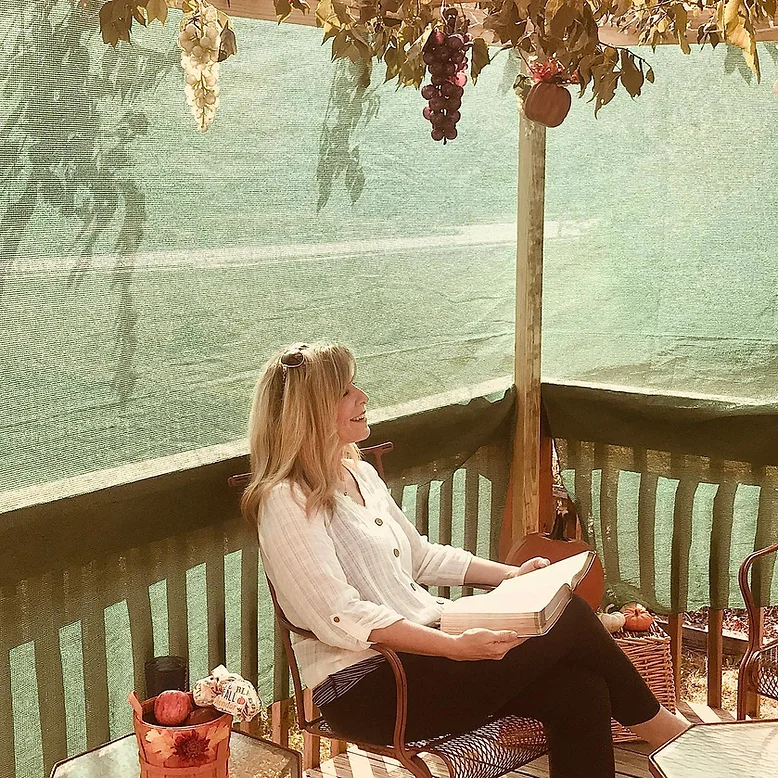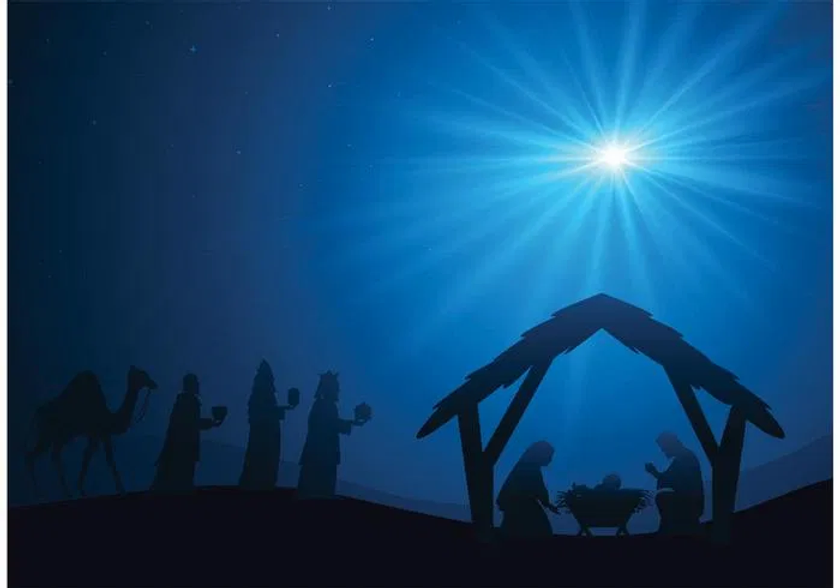It’s the season of our rejoicing! Or, is it?

Sukkot, The Feast of Tabernacles, is a week long, joyous celebration that takes place four days after Yom Kippur, and is a time of coming together with friends, family and the larger community. We eat, drink, read, pray, and sleep in the Sukkah ( a flimsy, roughly built, hut-like dwelling commanded by God in Leviticus 23).
We invite guests, neighbors and even strangers to come and share a meal with us in the Sukkah. But, this year, that all looks different.
In Israel right now, the government has issued a warning that Sukkahs, even though outside, pose a serious threat for spreading the coronavirus. With the country on lockdown right now due to a second wave of cases, the most joyous, community-oriented holiday is being extremely restricted. The government will issue fines to anyone who is caught with someone other than their nuclear family in their Sukkah.
In the U.S., while we won’t receive a fine for having a non-family member in our Sukkah, we still need to have cautious guidelines of social distancing in place and avoid larger crowds of people. While it is difficult not being able to gather in larger groups with friends and neighbors right now, we can still enter into this season of rejoicing, knowing God is with us. In fact, that’s the whole theme of Sukkot–God with us. Emmanuel.
When the Jewish people celebrated the first Sukkot, we had just been delivered from slavery in Egypt. God led us with a pillar of cloud by day and a pillar of fire at night. God instructed the people through Moses in Leviticus 23:42, ‘You are to dwell in booths for seven days. All the native born of Israel must dwell in booths, so that your descendants may know that I made the Israelites dwell in booths when I brought them out of the land of Egypt. I am the LORD your God.’ It was a prophetic picture of what would come centuries later, when Yeshua (Jesus) came to this earth to dwell or “Sukkah” among his people.
Sukkot is referred to as:
- The Season of Our Joy
- The Festival of In-gathering
- The Feast of the Nations
- The Festival of Dedication
- The Festival of Lights
It is the season of our joy because we have just completed a season of repentance during the days leading up to the Feast of Trumpets and Yom Kippur. It is a time when God actually commands us to rejoice! Many times, we can take God’s forgiveness for granted or not fully enter into it. We can continue to beat ourselves up over past mistakes but God wants us to be free! He wants us to move forward in our relationship with him without any hindrances and he wants us to rejoice!
Sukkot is also referred to as The Festival of Dedication. 1 Kings 8:2 recounts how Solomon intentionally dedicated the Temple during the holiday of Sukkot, reinforcing the nationalistic meaning that Sukkot already held for the Israelites. Similarly, in Ezra 3:4 the Second Temple was dedicated on Sukkot, and in Nehemiah 8:18, the celebration over the completion of the wall and the public reading of the Torah ends with a Sukkot celebration.
Light is yet another theme of Sukkot. An important ceremony at the Festival of Sukkot in ancient Israel was the illumination of the temple. The priests and the Levites would go down to the court of the women in the temple. Four enormous golden candlesticks, each 50 cubits or about 75 feet high, were set up on the court. Four golden bowls were placed upon them and four ladders were laid resting against each candlestick. Four youths of priestly descent ascended to the top of the ladders holding jars containing about 7.5 gallons of pure oil. They then poured the oil for each bowl. The priests and Levites used their own worn-out liturgical clothing for wicks. The light radiating from these four candles was so bright that it lit up every courtyard in Jerusalem. The mood was festive and joyous. Many would dance well into the night, holding bright torches and singing psalms of praise to God. Jerusalem shone like a diamond and her light could be seen from afar. This light represented the Shekinah glory that once filled the temple where God’s presence dwelt in the Holy of Holies (1 Kings 8:10-11; Ezekiel 43:5).
In ancient Israel, the temple was said to be the light of the world. It was at Sukkot, during the exuberant rejoicing, when Yeshua stood among them and declared, “I am the light of the world” (John 8:12). An incredible moment! You can see why the religious leaders hated him. In their eyes, he was elevating himself to a level only reserved for God. And yet, he was God. In the flesh.
While most of the religious leaders did not believe in Yeshua, many of the people did. The partial blinding of the nation of Israel was so the fullness of the Gentiles could come in (Romans 9-11) but today, we are seeing a great return of the Jewish people to faith in their Messiah. Ever since 1948, when Israel became a nation, more and more Jewish people have come to see Yeshua as the promised one their scriptures prophesied about. There are thousands of believers in Israel and hundreds of thousands around the world. That’s a big number considering we only make up 0.2% of the worlds’ population. In this way, another theme of Sukkot is depicted, the In-gathering.
Israel still remains as God’s chosen people, and has a major role to play now and in the future which will bring riches for the world! (Romans 11:12-15) This is why it’s so important for the church and Christians to pray for the Jewish people and lovingly care for them as the “root that supports the branches”. (Romans 11:18)
Sukkot is also considered by many bible scholars to be the time of Jesus’ birth. There is a good deal of evidence pointing to this being true, including the order of the priestly service in the temple and several other factors surrounding the account of his birth. It certainly makes a great deal of sense to think the Messiah would be conceived at Hanukkah (The Festival of Lights) and born at The Feast of Tabernacles. The word Emmanuel (God with us) takes on a richer meaning in this context, as well as the central theme of Sukkot–rejoicing.

The Feast of Tabernacles may look a little different this year with no large gatherings or additional Sukkah guests but God’s presence is still with us and if he is with us, we don’t have anything to fear. He will never leave us or forsake us, and that is certainly something to rejoice over! Chag Sameach! Happy Sukkot!!

